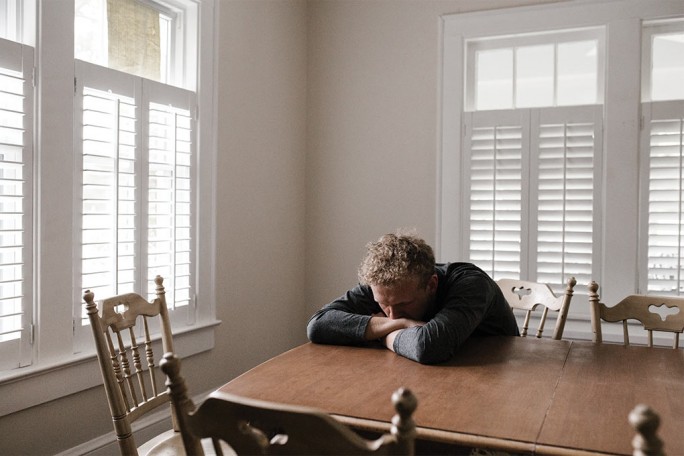Lastjourney Blog
Coping with the demise of a Spouse

 Table of Contents
Table of Contents Reading Time: 2 minutes
Losing a spouse or a partner can be devastating. Since a couple goes about life working as a team, such an incident can create a complicated set of emotions for the bereaved partner. The emotions and lifestyle changes can be overwhelming, leaving the partner with a feeling of void and hopelessness.
It’s essential to realize that the pain will subside with time. Here are a few tips from The Last Journey on how to deal with the demise of a spouse.
1- Allow yourself to Mourn.
You lost your life’s companion. Feeling confused and sad like a part of you is missing is a natural part of it. Your reaction and feelings also depend on the relationship you had with them, your life experiences, dependency, children, and many other factors. What is most important at this time is to go easy on yourself. Crying and mourning is an open expression of your feelings and an imminent part of healing. Understand that your grief is uniquely your own.
2- Talk About Your Thoughts and Feelings.
Talking about how you feel will help you let your emotions out. You can share with family, friends, or even decide to join a support group. Don’t hesitate to talk about the circumstances of the demise and what you feel about it. You can also share about the kind of person the lost one was, the memories both good and bad, and your pain. Create a safe environment with your loved ones and open up.
3- Take care of your health.
You don’t grieve only through your mind, your body also grieves. You may lose appetite, sleep, and may even be not able to perform everyday activities. In such situations, make a conscious effort to take small steps towards your health. You can take the help of your loved ones to help you run errands. Try to eat fruits and vegetables, and even a simple walk can help you feel much better and stronger. At your own pace, you can incorporate activities such as exercising.
4- Adjust your Social Life.
During these times, you can make changes in your social life. Spend more quality time with friends who make you feel better and allow yourself to cultivate meaningful relationships. You can express to them if you don’t feel like going on dinner parties or events that remind you of your pain.You can even consider taking up new activities and meeting new friends, which will force you to get out of the house and redefine your life.
5- Seek Professional Help.
We know that each person and their grief is unique. Whereas grief is a normal reaction, if you realize that the symptoms stay for long periods, you should consider taking professional help. These symptoms include wishing you had passed away too, continued feelings of guilt, unable to perform everyday activities, and losing all hope. Counselors can help you come up with workable strategies to move on in your life.
Your email address will not be published. Required fields are marked *












